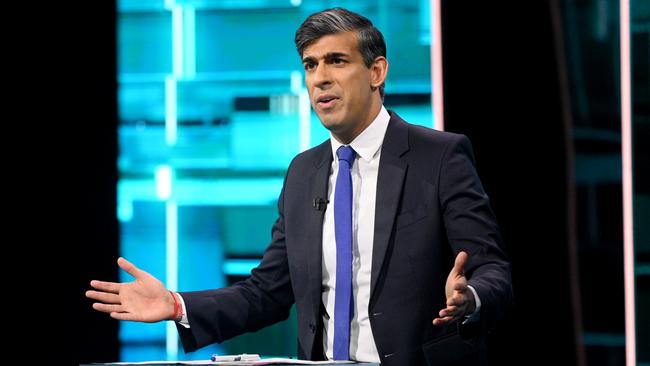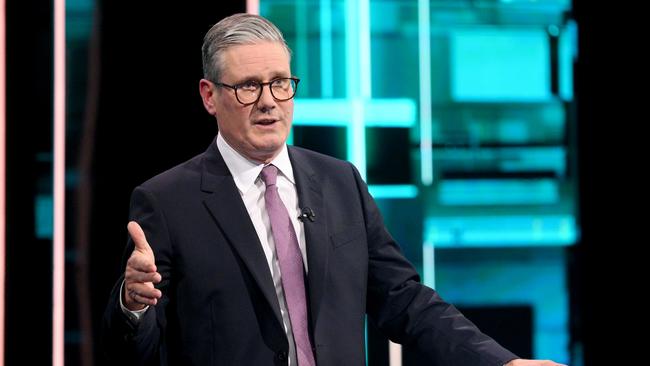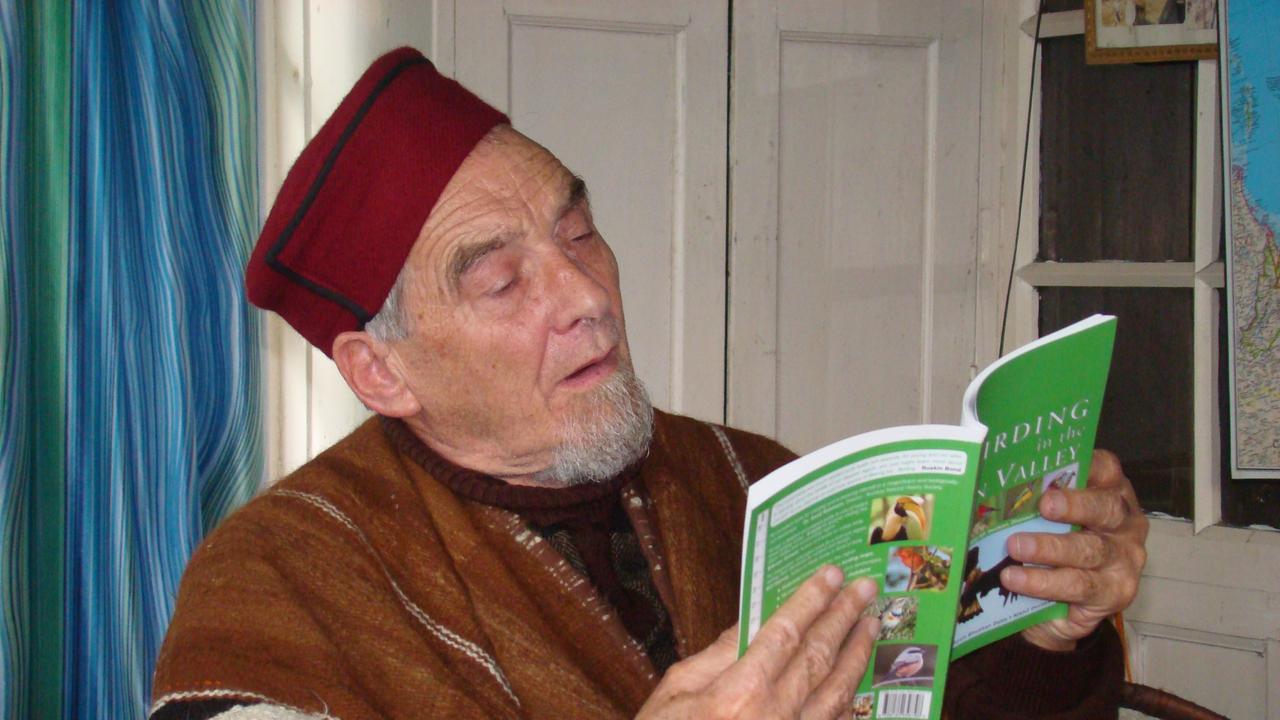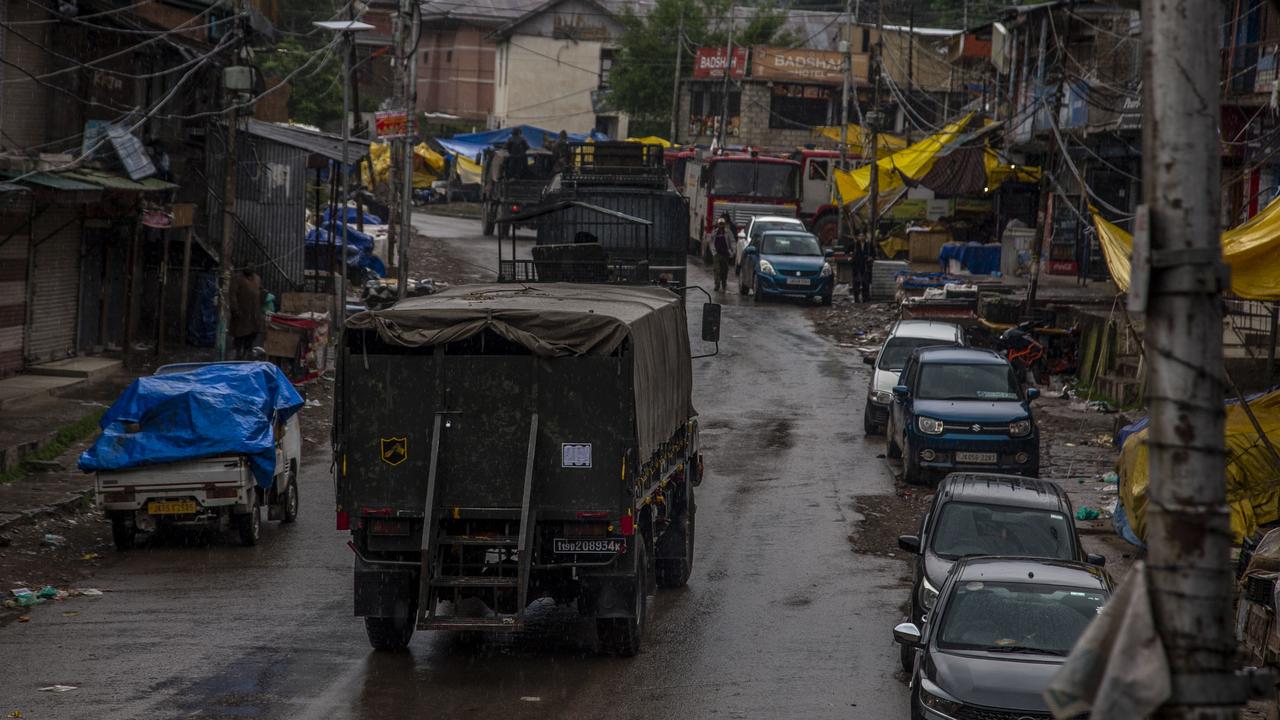Rishi Sunak and Keir Starmer united by not really knowing what to do next

Starmer was briefed to stick, wherever possible, to the past, and the Tory record. That became irritating, though the moderator did her best to stop him.
Sunak, evidently briefed to keep repeating “clear plan” and “bold action”, and to keep accusing Labour of planning to bring in £2000 ($3800) tax increases, began to sound like a stuck record on the subject.
Starmer started awkwardly – his opening statement sounded like a pet-food ad – but soon sounded more natural, though he never quite shook off the appearance of mild and slightly goggle-eyed affront. Sunak was smooth, at times almost too smooth: more like a private health insurance ad, perhaps, he appeared the more relaxed, but by the end Starmer seemed to have found his pace.

Both landed blows. Sunak palpably failed to answer Starmer’s question about telling the country that better times were ahead, then dashing into an early election; and the PM lost his audience over hospital waiting lists.
Starmer’s refusal to explain what he would do to end a strike by junior doctors looked embarrassing. We learnt next to nothing about his plans for government. “You don’t have anything to say about the future and all you can do is talk about the past” was a (repeated) criticism to which Starmer’s scolding tone made no answer.
There were two debates in the TV studio on Tuesday (Wednesday AEST). One was a live theatrical performance with, as its critics, the British electorate who – let’s not beat about the bush – have no time for the present government and are itching to turf it out. Many will have seen and heard in Sunak a prime minister who has failed to turn things round and who scarcely deserves even their attention. Nor are they greatly interested in his challenger, whom the nation intends to send to Downing Street however he performs. In a sense Sunak could not succeed and Starmer could not fail.
The second debate, in the same studio at the same time and between the same two men, was different. Perhaps one day we shall look back and find it the more interesting of the two. This second debate has to be watched in isolation from its immediate national or studio audience and their present mood.
What can we learn from it? We saw two men whose plans do not radically differ and who both sounded like decent chaps, apparently a bit stumped about what to do next. The studio was Space Age-themed, giving an impression that both leaders were caged by virtual boxes. The debate itself gave a similar impression.
The Times



High noons so often aren’t. Head-to-heads become not a duel between two lone individuals, but a battle between two briefing teams: crews who, after days of preparation and rehearsal, each send in their exhausted proxy, heads so stuffed with lines-to-take that definition blurs. From time to time the first of the UK leaders’ election debates descended into over-prepared stuffing. Each leader wanted us to know about their DNA, and what “ran through” it. Each wanted us to know about their parents and their efforts for their children. We surely know by now that Rishi Sunak’s dad was a chemist, and Keir Starmer is the son of a toolmaker.